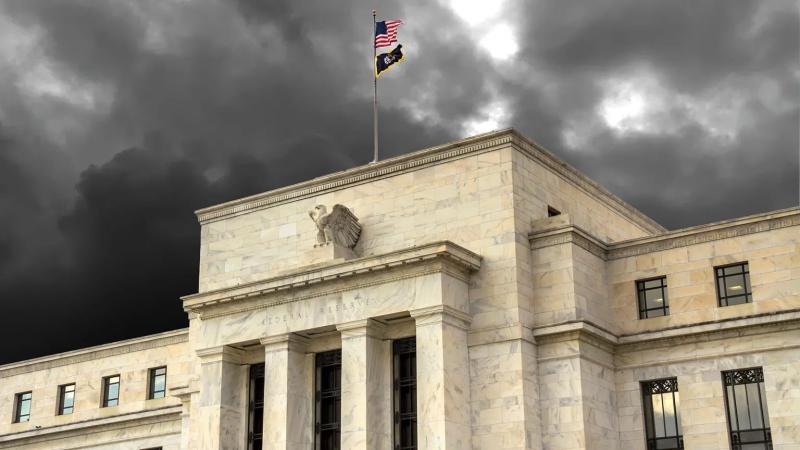The Custodia CEO says The Federal Reserve welcoming a European firm but not hers is "very un-American."
Pedro Solimano•
“The law is very clear,” says Custodia Bank CEO Caitlin Long—except when it comes to the Federal Reserve.
Among the 35 early-adopter banks and credit unions that received access to the new FedNow round-the-clock payment system on Thursday, a name caught her eye: Amsterdam-based Adyen.
Long told Decrypt that the financial technology firm received a bank license in Europe (something common in the EU), then “backdoored itself into the system,” calling it “very un-American” for a European company to get a spot while U.S. firms cannot.
This has led her to claim candidly that The Fed is “not applying the law."
Long wants her bank, Custodia, to be granted a U.S. federal payments charter, and is leading a fight over access to the FedWire network, which handled over $1 quadrillion in 2022. She is currently in the midst of a lawsuit against the Federal Reserve, which Long says is trying make an example of Custodia and trying to intimidate it to “turn tail and run.”
Custodia is connected to eight other fintech firms–four of which work in the crypto industry–which have valid charters but are also being blocked by the Fed from acquiring a master account. Long wrote a blog post titled “Here Come The Fintech Banks,” which tells the story of these companies left out in the cold by the Fed.
A longtime attorney, Long said “this is all bigger than crypto.” On the other hand, she observed, the crypto industry might be the one that ends the government’s overreach. Crypto companies like Ripple, for example, are getting involved in what she calls “bet-the-farm” style lawsuits—and the judicial system seems to be siding with crypto.
The current system is also adding extra cost and friction to the industry, Caitlin told Decrypt, pointing to a blogpost by Wire that claimed that “the Fed charges banks a fraction of a cent to send ACH payments, but banks charge their ACH customers a 100 times markup.”
Regardless of her bank's fight for a master account, Caitlin thinks the new FedNow service is lacking. “It is not interoperable, crossborder, and has a stringent $500,000 transaction payment limit,” claiming it will capture 10% of payments, “but no more than that.”
“This will all play out in the courts,” she projects, with Custodia involved one of two active lawsuits and many more likely to follow.
Long told Decrypt that the Fed claims they will help companies get regulated, and that Custodia has “bent over backwards to comply,” but that the authorities have become am “unmovable mountain.”
Despite the “Fed’s wanton disrespect for the law,” and the frustration she has dealt with over the years with Custodia, Long admits she is “having fun.”
